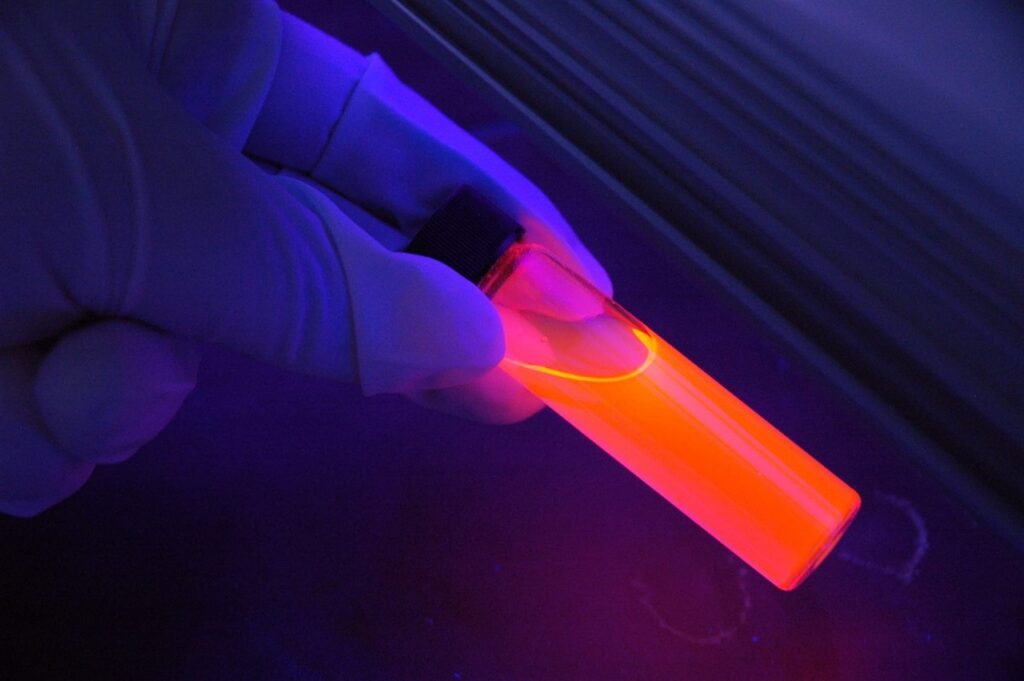In the ongoing evolution of pharmaceutical development, success hinges on meticulous planning and strategic evaluation. The appraisal of pharmaceutical projects involves a comprehensive examination of various stages, each playing a pivotal role in ensuring the efficiency and success of the endeavor. From inception to market launch, understanding and navigating through these stages are essential for pharmaceutical companies aiming to bring innovative and impactful products to the market.
Conceptualization and Planning: The Foundation of Success
The first stage in any pharmaceutical project is conceptualization and planning. This phase involves identifying potential opportunities, conducting market research, and outlining the scope of the project. Pharmaceutical companies delve into scientific literature, market trends, and existing gaps in medical treatment to conceptualize a product that addresses unmet needs.
During this stage, companies carefully analyze the feasibility of the project, considering factors such as regulatory requirements, intellectual property landscape, and potential competition. Robust planning at this early stage is critical for securing investment and laying the groundwork for successful project execution.
Pre-clinical Development: From Theory to Experimentation
Once the conceptualization phase is complete, pharmaceutical projects transition to the pre-clinical development stage. This stage involves laboratory and animal testing to assess the safety and efficacy of the proposed drug or treatment. Researchers work meticulously to gather data that will guide subsequent clinical trials.
Pharmaceutical companies invest significantly in pre-clinical studies, as the results form the basis for regulatory submissions and approval processes. Rigorous testing, adherence to ethical standards, and effective communication with regulatory bodies are crucial in navigating this critical stage successfully.
Clinical Trials: Proving Safety and Efficacy
Undoubtedly one of the most demanding and resource-intensive stages, clinical trials are where pharmaceutical projects are put to the ultimate test. Divided into multiple phases, these trials involve testing the drug on human subjects to evaluate its safety, efficacy, and optimal dosage. Regulatory bodies closely oversee this process to ensure ethical standards and patient safety are maintained.
The success of a pharmaceutical project heavily depends on the meticulous design and execution of clinical trials. Timely recruitment of participants, rigorous data collection, and transparent reporting are imperative for gaining regulatory approval and establishing the product’s credibility in the market.
Regulatory Approval: Navigating the Compliance Maze
After successful completion of clinical trials, the pharmaceutical project enters the regulatory approval stage. This phase involves submitting comprehensive data to regulatory agencies for scrutiny and approval. Regulatory bodies assess the safety, efficacy, and quality of the drug, ensuring it meets the necessary standards before it can be released to the market.
Efficient navigation through regulatory processes is essential for a timely market entry and commercial success. Companies invest in skilled regulatory affairs professionals to manage interactions with regulatory bodies and ensure compliance with diverse international regulations.
Manufacturing and Market Launch: Bringing Innovation to Patients
The final stages of pharmaceutical projects involve scaling up production and bringing the product to market. Efficient manufacturing processes, supply chain management, and marketing strategies play a crucial role in ensuring a successful market launch. Post-market surveillance becomes essential to monitor the drug’s performance in real-world conditions and address any unforeseen issues promptly.
In conclusion, the appraisal of pharmaceutical projects is a multifaceted process that demands attention to detail, scientific rigor, and strategic planning. Navigating through these stages with precision and efficiency is the key to not only bringing innovative treatments to patients but also ensuring the success and sustainability of pharmaceutical companies in an ever-evolving industry.
Useful links:
Bora Pharmaceuticals – Why Are Feasibility Studies Important For Your Pharmaceutical Product?
European Medical Writers Association – Preclinical research in drug development
